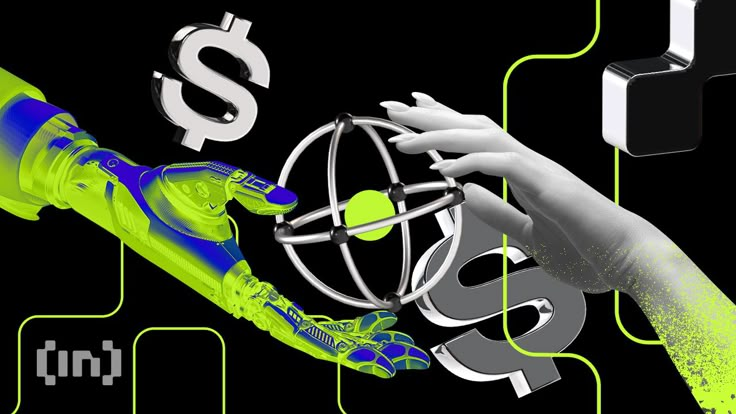Self-Custodial Wallets: The Key to Financial Freedom and Security
In the rapidly evolving world of cryptocurrencies, the concept of self-custody has become a cornerstone of financial independence. Self-custodial wallets empower users to take full control of their digital assets, removing the need for third-party intermediaries. But what exactly is a self-custodial wallet, and why should you consider using one? By the end of this guide, you’ll have a comprehensive understanding of how these wallets work, their benefits, and how they can secure your crypto journey.
What Is a Self-Custodial Wallet?
A self-custodial wallet, often called a non-custodial wallet, is a type of cryptocurrency wallet that allows users to control their private keys and, therefore, their funds. Unlike custodial wallets, where a third party (such as an exchange) holds your keys, self-custodial wallets ensure that you are the sole owner of your digital assets.
For instance, when you use a centralized exchange wallet, you essentially entrust your assets to that platform. While convenient, this setup exposes your funds to potential risks such as hacking or mismanagement. In contrast, a self-custodial wallet provides direct ownership and unparalleled autonomy.
How Do Self-Custodial Wallet Work?
Understanding how self-custodial wallets work is crucial to appreciating their value. These wallets operate based on public and private key cryptography:
- Private Key: This is the most critical component of your wallet. It’s essentially a long string of numbers and letters that grants access to your funds.
- Public Key: Derived from the private key, the public key is used to generate wallet addresses for receiving funds.
- Seed Phrase: A backup of your private key in the form of 12–24 words.
When you set up a self-custodial wallet, you’re given a seed phrase. It’s imperative to store this phrase securely, as losing it means losing access to your funds permanently.
Benefits of Using a Self-Custodial Wallet
There are numerous reasons why self-custodial wallets have become the preferred choice for many cryptocurrency enthusiasts:
- Complete Ownership: You control your private keys, ensuring no one else can access your funds.
- Enhanced Security: By avoiding third-party custodians, you reduce the risk of hacks and breaches.
- Privacy: Self-custodial wallets don’t require KYC (Know Your Customer) information, preserving your anonymity.
- Decentralization: These wallets align with the decentralized ethos of blockchain technology.

Common Types of Self-Custodial Wallets
Self-custodial wallets come in various forms, each suited to different needs:
-
Software Wallets:
Popular options include MetaMask, Trust Wallet, and Exodus. These are easy to set up and use but may be less secure than hardware options. -
Hardware Wallets:
Devices like Ledger and Trezor offer top-tier security by keeping your private keys offline. -
Paper Wallets:
While old-fashioned, paper wallets can be a secure option for long-term storage.
Setting Up a Self-Custodial Wallet
To set up a self-custodial wallet:
- Download a reputable wallet app or purchase a hardware wallet.
- Follow the on-screen instructions to generate a new wallet.
- Write down your seed phrase and store it securely.
- Set up a strong password or PIN.
Risks and Challenges of Self-Custodial Wallets
While these wallets offer unparalleled control, they come with challenges:
- Losing your private keys or seed phrase results in irreversible loss of funds.
- Self-custodial wallets require technical know-how, which may intimidate beginners.
By following best practices—such as using a hardware wallet and backing up your seed phrase—you can mitigate these risks.
Top Self-Custodial Wallets to Consider in 2025
Choosing the right wallet can be overwhelming, but here are some of the best options:
- Ledger Nano X: Renowned for its robust security features.
- MetaMask: Ideal for interacting with decentralized applications (dApps).
- Trust Wallet: A user-friendly option with support for multiple cryptocurrencies.
Self-Custodial Wallets and the Future of Decentralized Finance (DeFi)
As DeFi continues to grow, self-custodial wallets play a vital role in enabling users to stake, swap, and earn yields without relying on centralized platforms.
Conclusion
Self-custodial wallets are more than just tools; they’re gateways to true financial freedom. By using one, you can take control of your assets, protect your privacy, and embrace the decentralized future. Start your self-custodial journey today and ensure your crypto is secure.
Call to Action:
Ready to take control of your financial future? Explore our guides on the best self-custodial wallets and start your journey toward complete financial independence today!


